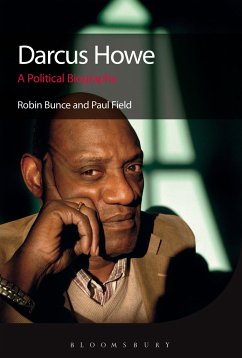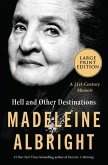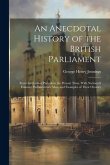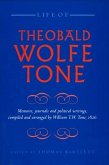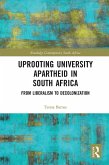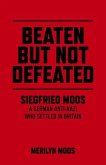This book is available as open access through the Bloomsbury Open Access programme and is available on www.bloomsburycollections.com. Darcus Howe: a Political Biography examines the struggle for racial justice in Britain, through the lens of one of Britain's most prominent and controversial black journalists and campaigners. Born in Trinidad during the dying days of British colonialism, Howe has become an uncompromising champion of racial justice. The book examines how Howe's unique political outlook was inspired by the example of his friend and mentor C.L.R. James, and forged in the heat of the American civil rights movement, as well as Trinidad's Black Power Revolution. The book sheds new light on Howe's leading role in the defining struggles in Britain against institutional racism in the police, the courts and the media. It focuses on his part as a defendant in the trial of the Mangrove Nine, the high point of Black Power in Britain; his role in conceiving and organizing the Black People's Day of Action, the largest ever demonstration by the black community in Britain; and his later work as one of a prominent journalist and political commentator.

